Can Your Period Cause Your Milk Supply To Drop?
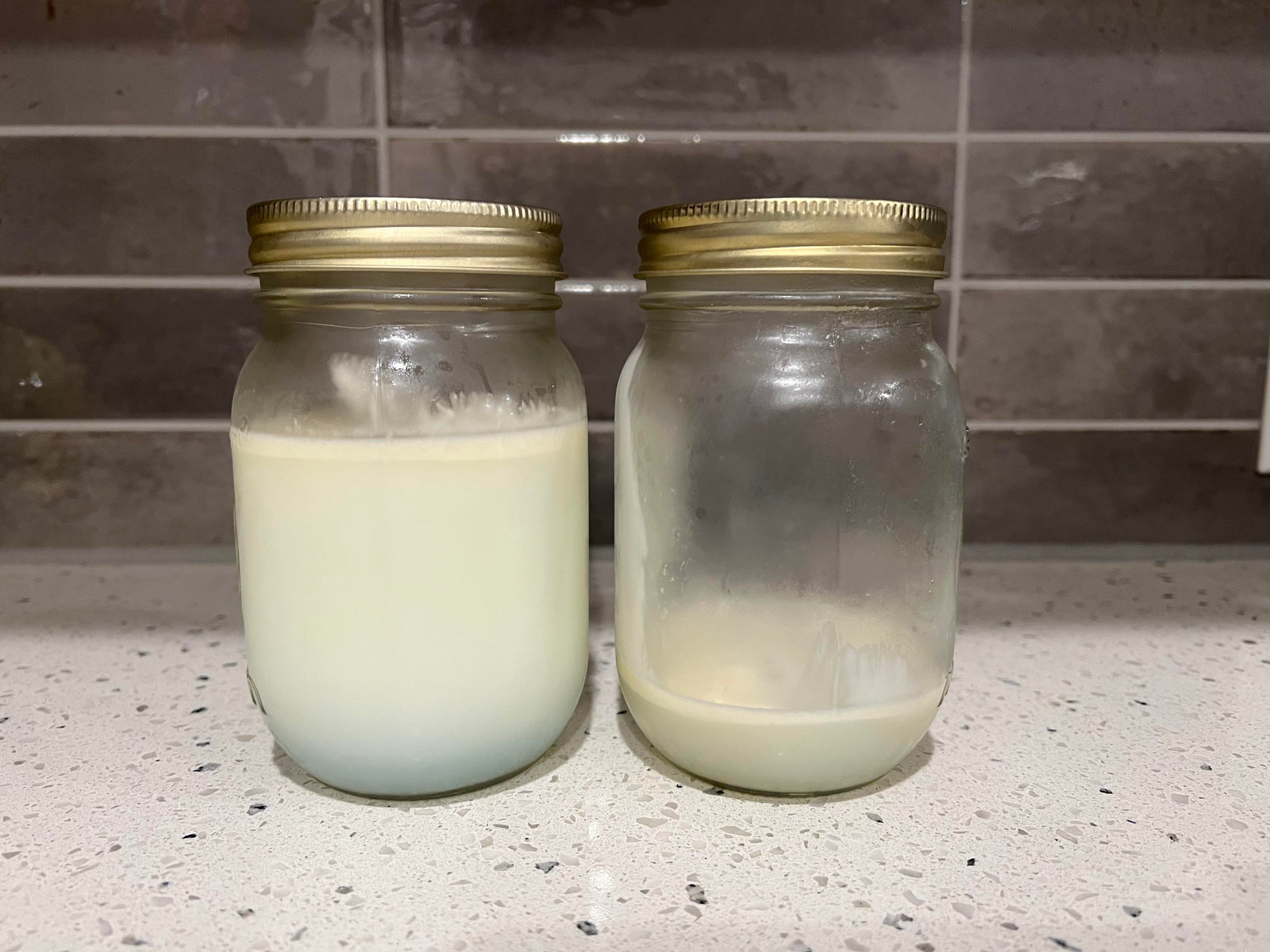
Have you been experiencing supply changes ever since your period started back? You're not alone. Here are some things you can do to navigate these changes.

Table of content
How does your period affect your milk supply?
A lot of us have heard the stories of breastfeeding moms suddenly experiencing a dip in their supply once their period returns, and for many, it's true. For exclusively breastfeeding moms, your period won't always return immediately on a routine cycle after baby is born.
Your period can return anywhere from 4-6 weeks after child birth. For exclusively breastfeeding moms, your period can be more delayed and return closer to the time when solids are introduced at the 4-6 month mark, or when there's a decrease in milk output.
Though these timeframes are relatively different for each person, no matter when your period does make an appearance after child birth, you'll want to be aware of the impact it can have to your breastmilk supply.
What causes a dip in your milk supply?
What Can You do If Your Supply Drops?
During your period (menstrual cycle), your body naturally experiences a fluctuation in hormones and unfortunately this is the most common cause for a temporary dip in your milk supply.
Estrogen and progesterone are two primary hormones that fluctuate during the time of your period, and for many women, the decrease in these levels lead to a negative impact on a moms milk production.
These changes are only temporary, but can still be concerning if you aren't prepared.
The great news is, there are ways that you can be prepared for a time such as this.
Some things you can do to safeguard a dip in your milk supply are:
- Increase the amount of times you pump in a day.
- Pump for longer durations during your sessions.
- Decrease the length of time in between pump sessions.
Each of these things are natural ways to help boost your milk supply. Repeating these will continuously send a signal to your body that more milk is needed, and your body will gradually produce more.
You may also consider:
- Building up a milk stash during the early weeks after child birth when most moms experience an oversupply or throughout your breastfeeding journey.
- Getting donor breastmilk from a milk bank or trusted friend/family.
- Seek professional support from a breastfeeding advisor or certified lactation specialist.
It's important to note that if your supply does take a hit after your period, there are several things you can do to get your supply back up.
Power Pumping
Power pumping is a technique used to mimic cluster feeding from a baby, which encourages your body to begin producing more breast milk.
There are two methods that work well:
20-10-10-10-10 method:
- This is when you pump for 20 minutes, pause for 10 minutes, pump again for 10 minutes (and repeat x2).
This method is highly recommended to most closely resemble cluster feeding, but there are times where you may be unable to monitor your pumps and the duration, so there is an alternative.
30-10-30 method:
- This method is where you pump for 30 minutes, pause for 10, and pump again for 30 minutes.
I find this method to be extremely helpful when if you're unable to sit and watch the clock and monitor your pumping durations.
Using Muscle Up Mommy J35 wearables, there is an auto shut-off feature every 30 minutes so you can simply turn your pumps on, go about your day completing tasks, wait 10-15 minutes and turn them back on again.
The idea behind the 30-10-30 method is to extend the duration of your pumping session, which sends a signal to your body that more milk is needed.
As you continue to use these methods or alternate between the two, you should see a gradual increase in your milk supply to get back to your pre-period volumes or in some cases, more.
Nurse Frequently and Stay Hydrated
During your breastfeeding journey, you'll find that the two most common ways to boost your supply is by nursing (or pumping) frequently and staying on top of your water intake. Breastmilk is made up of majority water, so giving your body what it needs in order to make more milk, is critical.
Intimacy
Another technique that's not talked about enough is intimacy with your partner.
While being intimate with your partner, a few things can happen:
- Your estrogen and progesterone levels can increase and/or regulate.
- Your libido can increase and allow you to experience a boost in serotonin and dopamine, "happy hormones" that regulate your emotions and reduce anxiety and stress.
Orgasms and being satisfied also releases a "happy hormone" known as oxytocin. Being happy naturally activates the prolactin hormone which directly impacts milk production.
Keep in mind that as you work to boost your milk supply, you'll want to continue getting adequate rest and reduce stress as much as possible.
Recommended Items To Help Boost Your Milk Supply
If you found this article to be helpful, please share it with a friend.

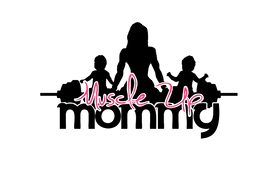
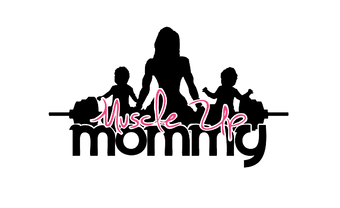
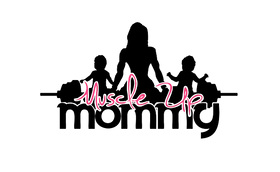

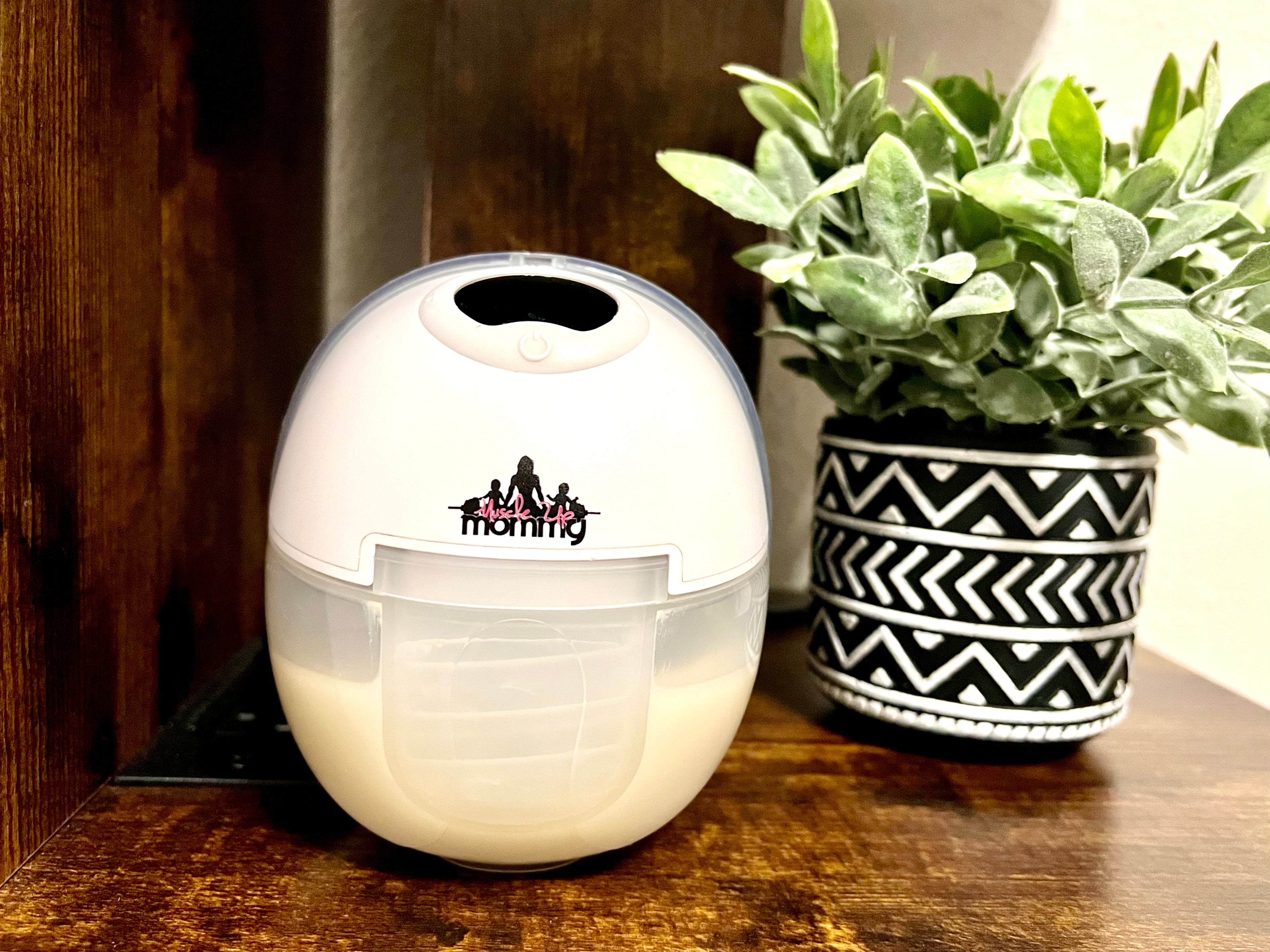

Leave a comment